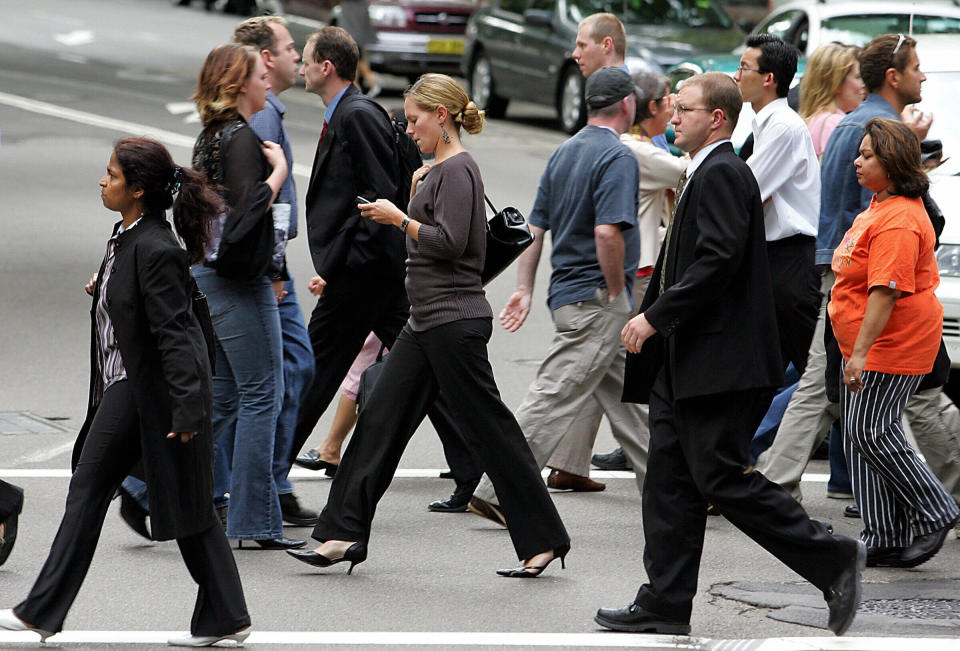$20 billion in pay cuts imminent if super payments change, thinktank warns

An increase in the percentage of wages paid as super will have little retirement benefit and suppress workers’ wages in the meantime, a new report warns.
Both major parties plan to boost the compulsory superannuation payment from 9.5 per cent to 12 per cent by 2026, but the Grattan Institute has suggested the move will not have the desired outcome and will hurt workers instead.
The policy will dent wages by up to 0.5 per cent each year for the five years it takes to implement, as well as pull wage growth back to 1.8 per cent, said Grattan Institute Fellow Brendan Coates on Friday.
"The overwhelming evidence is that higher super contributions are paid for by lower wages for workers,” Coates said.
"The Henry Tax Review and others have shown that this is exactly what happens. The Parliamentary Budget Office came to the same conclusion just weeks ago."
He said the ultimate wage cut could be as high as $20 billion every year.
Do we actually need an increase in super payments?
In a piece for The Conversation, Coates argued that the majority of workers don’t actually need more super, with most already headed for comfortable retirements.
“Most workers today can expect a retirement income of at least 87 per cent of their pre-retirement income if compulsory super contributions are left at 9.5 per cent,” he argued.
“That’s well above the 70 per cent benchmark endorsed by the Organisation for Economic Co-operation and Development, and more than enough to maintain pre-retirement living standards.”
And, he added, for low and middle income earners, more super won’t be as much help in retirement as any increase in super would likely be offset by a correlating cut in the age pension.
Changing the super system would boost the wealthiest 20 per cent who would gain access to super tax breaks, but result in lower lifetime incomes for the remaining workers, and with little retirement benefit, he said.
“The benefits of increasing compulsory super to 12 per cent are tiny. The costs, at a time of unusually low wage growth, would be keenly felt, and at a time of unusually low economic growth, could have broader consequences.”
- With AAP.
Make your money work with Yahoo Finance’s daily newsletter. Sign up here and stay on top of the latest money, news and tech news.

 Yahoo Finance
Yahoo Finance 
